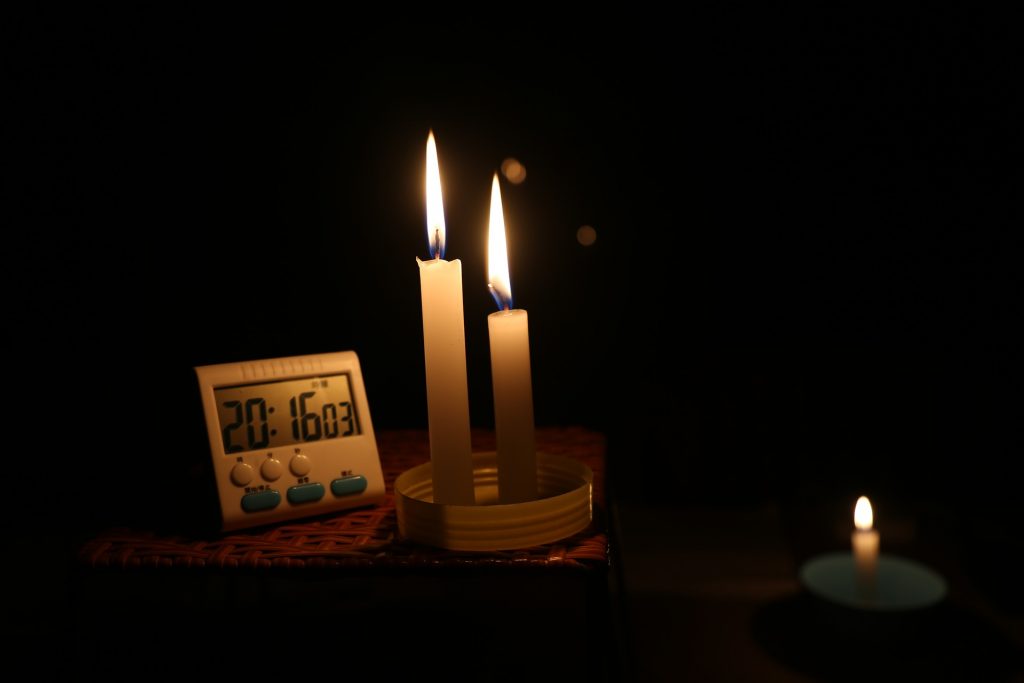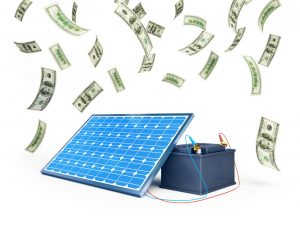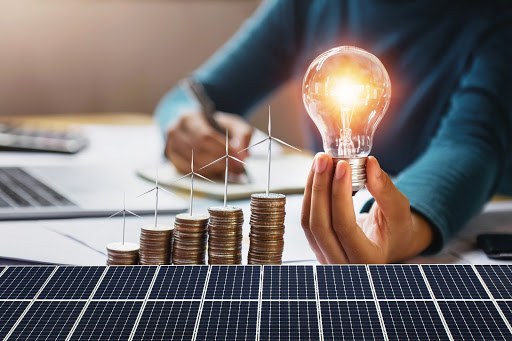Imagine it’s a sweltering summer day. You are standing in front of your air conditioner, trying to keep cool, when the power goes out. It’s a neighborhood-wide outage and there’s no way to tell when the power will be back. You might wonder, “Is there any way I could have prevented this?” The answer is yes! A whole house generator can keep your power on even during outages. The question is, do you need a whole home generator?
Are power outages a big deal?
One of the benefits of switching to solar power is that the sun never has a power outage, right? Well, yes, but that doesn’t mean your home can avoid them. Your solar power system is hooked into the existing utility grid and the grid itself can go down. These outages can happen for a variety of reasons.
There are brief outages caused by downed power lines or maintenance. Alternatively, earthquakes and wildfires can cause widespread outages that last for days. Just last October PG&E was shutting off power to large swaths of their customers in the wake of wildfires. This marked the largest mass-shut-off in California’s history.
In reality, a power outage can happen at any time. Many will not last for more than a few hours. However, the inconvenience can be well worth investing in a standby generator. Without a generator, vital appliances and systems will go offline.
On a searing hot day in mid-summer, a loss of air conditioning can be anything from an inconvenience to a health risk. A non-functioning fridge may cost you hundreds of dollars in spoiled food. Have an electric car? A power outage in the middle of the night can stop it from charging. Everything from your thermostat to your security system is dependent on power. Installing a generator can provide peace of mind and protect your home in the event of a long-term power outage.
What is a Whole House Generator?
Whole house generators, also called standby generators, are exactly what they sound like. These generators serve as an alternative power source for your home. While your solar power system is tied to the utility grid, a backup generator is completely independent. Generators are powered by fuel like propane or gasoline so they can work when the grid goes down.
There are two main methods for activating your generator in the event of a power outage. Some generators are automatic, meaning they turn on whenever a power outage is detected. The benefit of this is that if you aren’t home, your house doesn’t go without power.
The alternative option is a manual generator. As the name indicates, you will have to physically turn on these generators. The main benefit here is that no fuel is wasted on maintaining power to your home when you aren’t in it. These generators are also generally more cost-effective. For those looking to save money where they can, a manual generator may be just the thing.
If you’re concerned with grid power outages, consider equipping your home with a whole house generator and ensure that no matter what life throws at you, you’ll be ready. And if you haven’t already gone solar, now is the perfect time to consult with one of our experts. We’d love to get you started on your journey toward green, clean solar energy!




